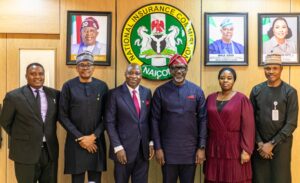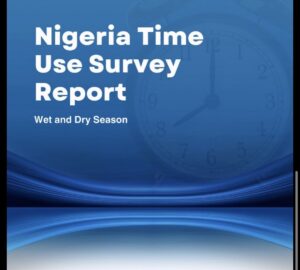Griots and Bards explores heritage, identity at latest event in Ikoyi
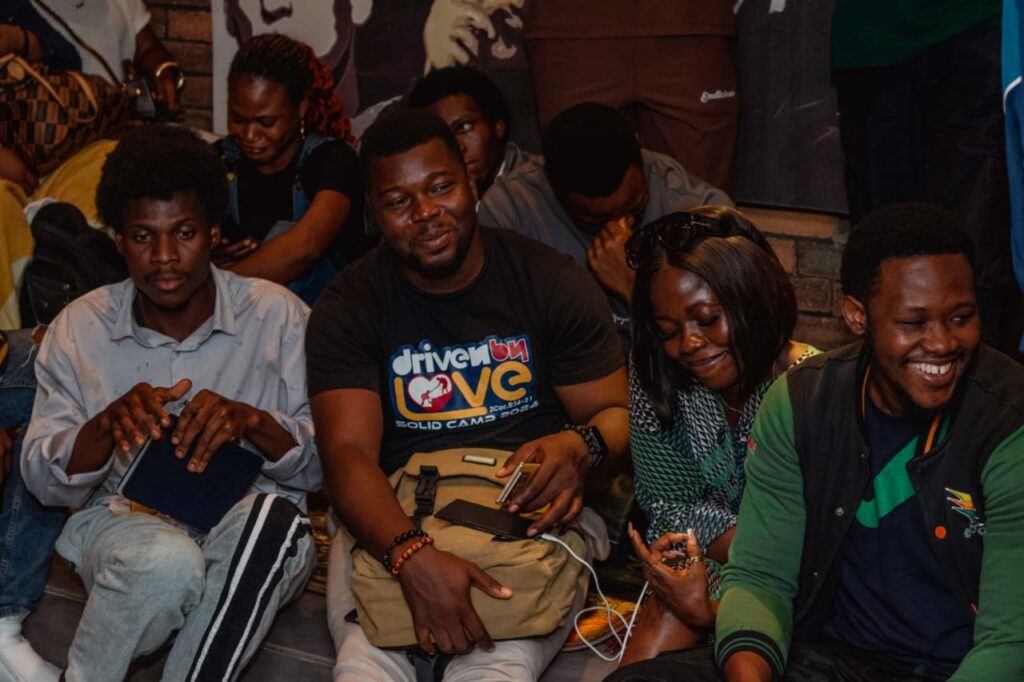
2025 Griots and Bards, a social conversation and culture community held its monthly meet-up on Thursday, July 31, 2025, at RAP Joint, Ikoyi, with an thought provoking discussion centered on heritage and identity.
The conversation session, themed “Breaking Free: Rewriting Family Stories and Redefining Our Path”, sparked a vibrant exchange of perspectives on traditional naming culture and the lingering influence of colonial heritage.
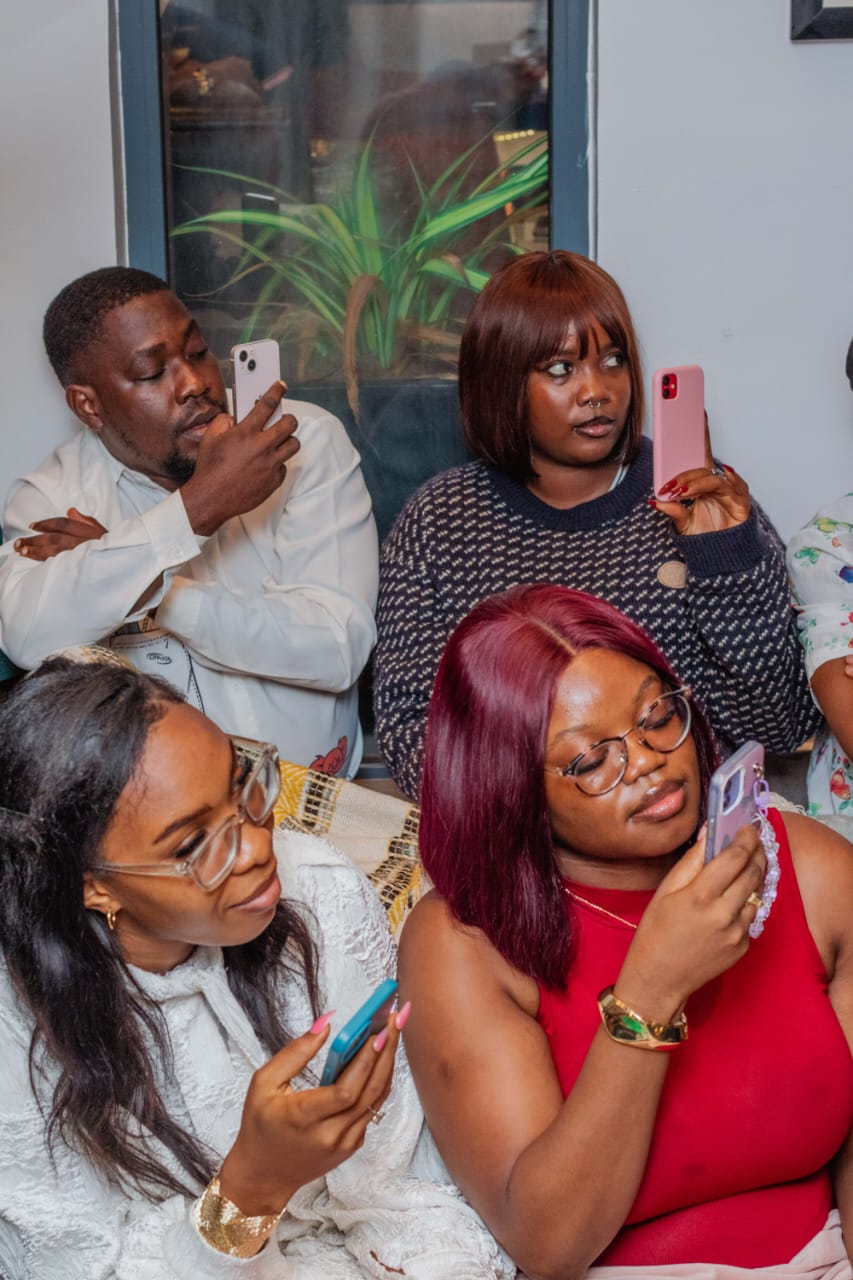
Speaking at the event, GAB convener Adebola RezAfolabi emphasized the power of names in shaping personal identity:
“I feel there is a dignity around the origin of our names that we need to start giving attention to. For example, I am a prince and that gives me a sense of identity and importance”. Names carry stories with them, and we must explore those stories.”
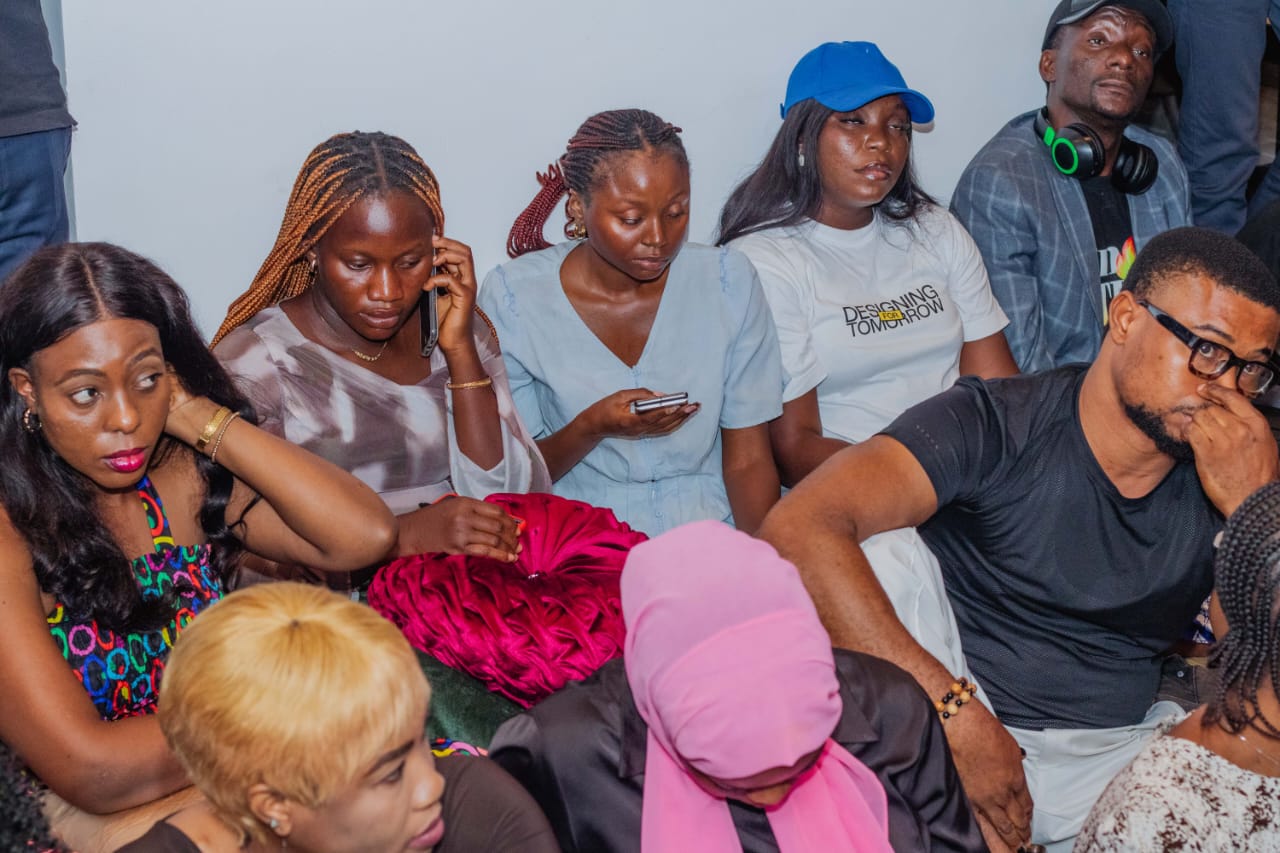
The conversation resonated with many participants who shared their reflections on heritage. Lawyer and writer Nenkangmun opened the floor with a compelling thought:
“Heritage can come in different ways. It can be religious, familial, or educational. I often ask myself whether the English man gave me this English language I speak to take what belongs to my people”
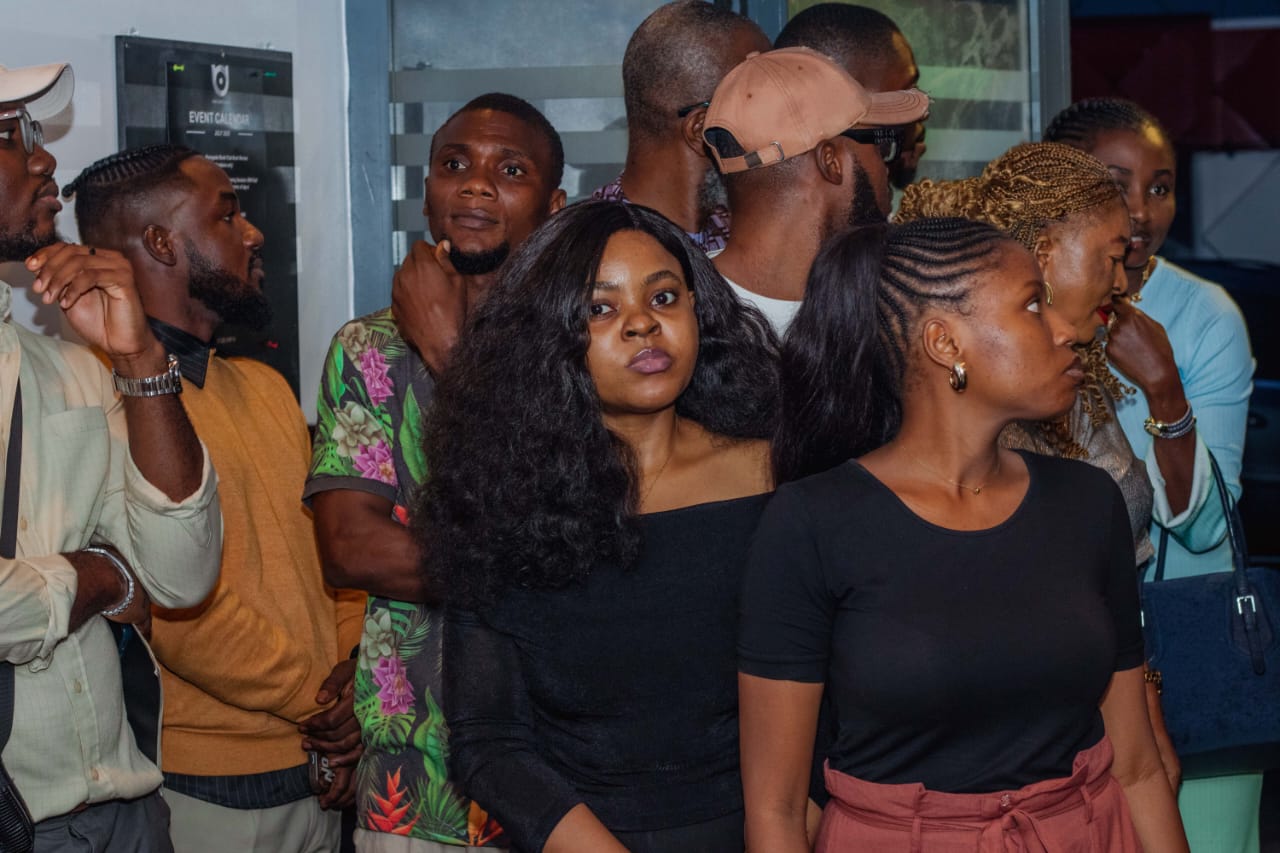
Network engineer, Hadassah shared a personal journey of reconciling with her name:
“For a while, it made me sad that I didn’t have any connection with my roots. But now I’m getting to a point where I’m comfortable with my English name. It shows how colonial influences on our naming culture are still lingering.”
Other participants reflected on the motivational power of names. Web developer, Sijuade noted,
“My name reminds me of royalty. Even when things get tough, I tell myself, ‘Asijuade ni e’ you are a frontier of the crown.”
Lawyer Tawakalt echoed the same sentiment, drawing strength from the meaning of her name, she stated that the etymology of a name might connote far deeper meanings. She said her name, which translates to ‘Trust in God’, “Sometimes it makes sense that your name can serve as a guide.”
However, the discussion also explored the more unsettling aspects of inherited names. Chef Enoch Ngemekwai shared: “My surname means ‘I will take revenge.’ When someone offends me, I feel the urge to get revenge. But this is a trait I am trying to resist; I don’t want it to define me.
Reflecting on the culture of kindness and betrayal, Amaka added that when people say I’m nice, I get worried because I grew up seeing how my parents’ kindness cost them respect. I don’t want that trait to make me vulnerable.”
The session also touched on identity in the context of tribalism. IT Engineer, Samuel Olayemi highlighted the struggles of belonging:
“Could you imagine that I am not considered Yoruba even though my name is Samuel Idowu Olayemi? That’s the consequence of ethnic grouping I’ve experienced.”
Since its inception in 2017, GAB has remained a space where conversation serves as the heartbeat of culture, offering upwardly mobile Nigerians an avenue to unwind, share stories, and build connections in a village-square atmosphere. Beyond dialogue, GAB fosters growth, emotionally, professionally, and creatively.
“Everybody grows, emotionally, career-wise, and business-wise. By connecting, we build a model of the society we want,” said REZAfolabi.
With its blend of art, conversation, and cultural exploration, GAB continues to bring together diverse voices to shape healthier societal narratives, one conversation at a time.



